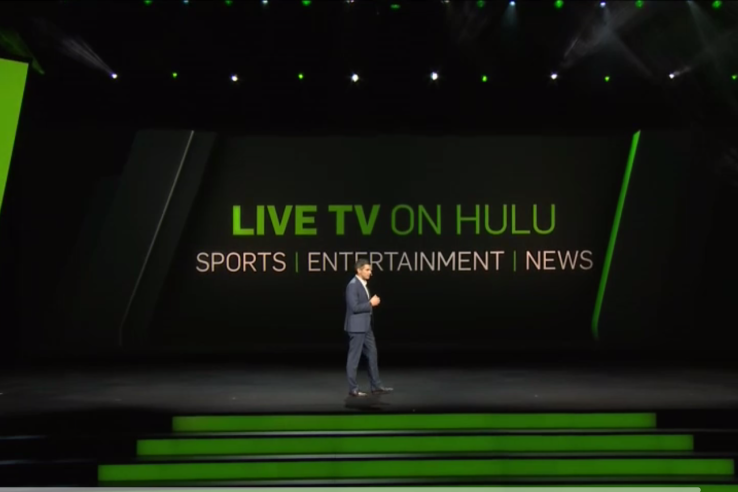
While a current Presidential candidate might take a disparaging tone when she refers to these “basement dwellers” the world of esports (professional gamers” is starting to rack up some series dollars these days — $250 million in esports venture investments in August alone.
At Tematica, we’re of course intrigued by the eSports phenomenon when viewed through our he Content is King thematic lens, which looks at the companies providing the entertainment and information that consumers are engaging with these days — whether it’s in the form of broadcast, print, digital, etc. Video games are content and are taking up more and more of hours of media consumption.
But there’s also another interesting component to this and that’s Connected Society, which is our thematic that looks at the interactivity between people through devices, apps and other forms of digital communication. eSports clearly falls into that category given the need to have users connected to one another and competing in real time.
The piece of information in this report from REDEF that really caught our attention was the suggestion that game manufacturers could move away from a per-game fee to a subscription-based fee. So instead of purchasing Madden 17 NFL Football, you’ll just own a subscription to Madden Football and receive continuous updates. Sustainable, repetitive and predictive revenue — we like it! It’s what Tim Cook is trying to do at Apple. Will be interesting to see if it pans out in the gaming world.
One way to acquire and maintain a large active player base is to shift from the business model of making a new game every year to operating these virtual sports as perpetually-updating subscription services. Compared to most games and genres, this model is particularly well suited to virtual sports as the game mechanics of these games tend not to vary tremendously from year-to-year. In general, players are mostly paying for slight graphic updates and new rosters.
Still, serious challenges exist:
These billion-dollar franchises are cash cows for game publishers. Globally, FIFA is the world’s leading virtual sports game and FIFA 16 accounted for 16% of EA’s net revenue ($703 million) in fiscal year 2016. Until necessary, no one at EA wants to shake the treeNo console-focused series has transitioned to digital-first distribution, which would be necessary for the modelThe shift would create a number of complications. What’s the new price? Does the price vary over time? What’s the cost (and blowback) of losing physical retailer support? And s
Source: REDEF ORIGINAL: Why Virtual Sports Games Will Drive the Next Wave of Growth for Esports










